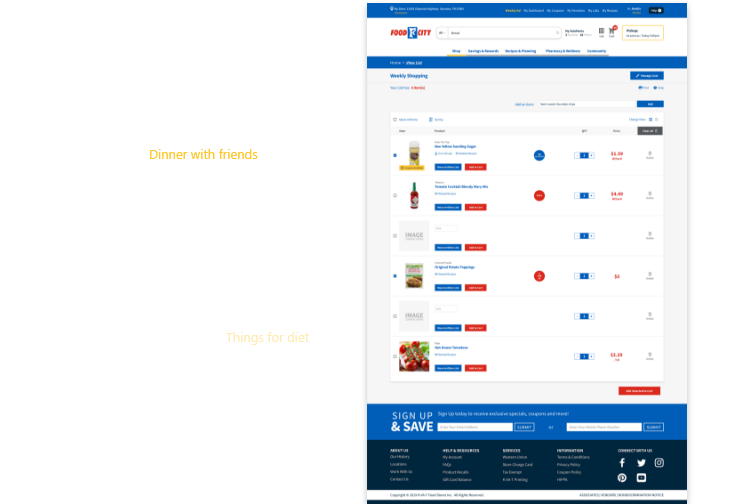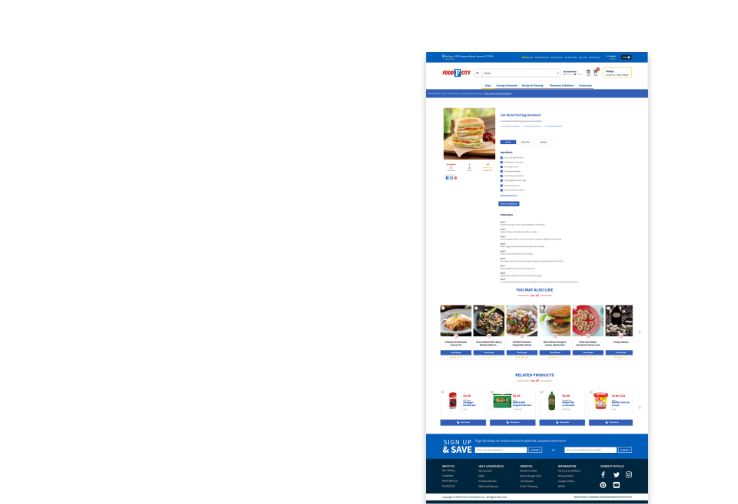
Wellness Club — Healthy Eating for a Healthy Pregnancy
Abingdon, VA. -
Friday, Jan 1, 2021.
Written by: Elizabeth Hall, MS, RDN, LDN, Food City Registered Dietitian
While nutrition is important during all phases of life, healthy eating is especially important for a healthy pregnancy. In general, eating a balanced diet, in conjunction with a pre-natal vitamin and mineral supplement if recommended by your physician, can ensure that you and your baby get all the nutrients needed for growth and development.
Focus on eating all the food groups including whole grains, fruits, vegetables, lean protein, low-fat diary, and healthy fats. Also, avoiding extra calories from added sugars and saturated fats can aid in weight management.
There are several nutrients found in these food groups that are particularly important in pregnancy:
• Folic acid or Folate: This is a B vitamin that reduces the risk of birth defects affecting the spinal cord. Adequate folate is especially needed early in pregnancy. For this reason, it is recommended that women of childbearing age consume at least 400 micrograms of folic acid each day. Folic acid is found in legumes, green leafy vegetables, and citrus fruits as well as in fortified grains and cereals. Folic Acid Awareness Week is actually the second week in January, so it is the perfect time to focus on folic acid and make sure you are getting enough in your eating plan.
• Iron: This mineral is the most common nutritional deficiency during pregnancy. Iron is a mineral that helps your body make red blood cells and needs for pregnant women are increased to 27 milligrams per day. So, it is important that iron is taken through a supplement or consumed through food. The most bioavailable form of iron is found in animal proteins such as red meat, chicken, and fish. Iron can also be found in plants such as leafy greens, beans, and fortified cereals. If plant-based iron is consumed, it should be eaten with vitamin C to enhance absorption.
• Calcium: This mineral not only plays a role in bone health but also in heart, nerves, and muscle development. It is recommended that 1300 milligrams of calcium is consumed daily which is equivalent to about 3 servings of dairy including low-fat milk, yogurt, cheese, or calcium-fortified juices.












